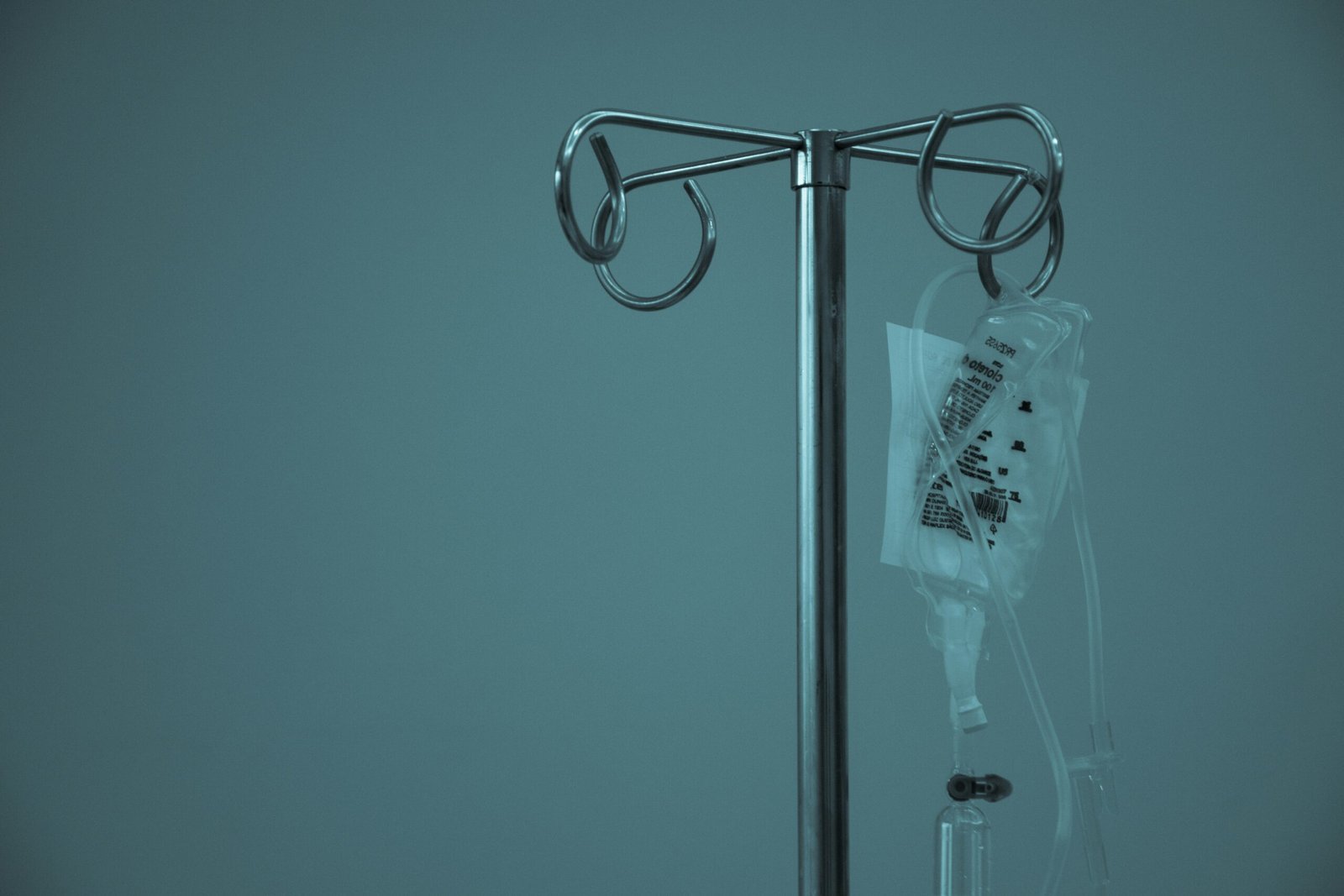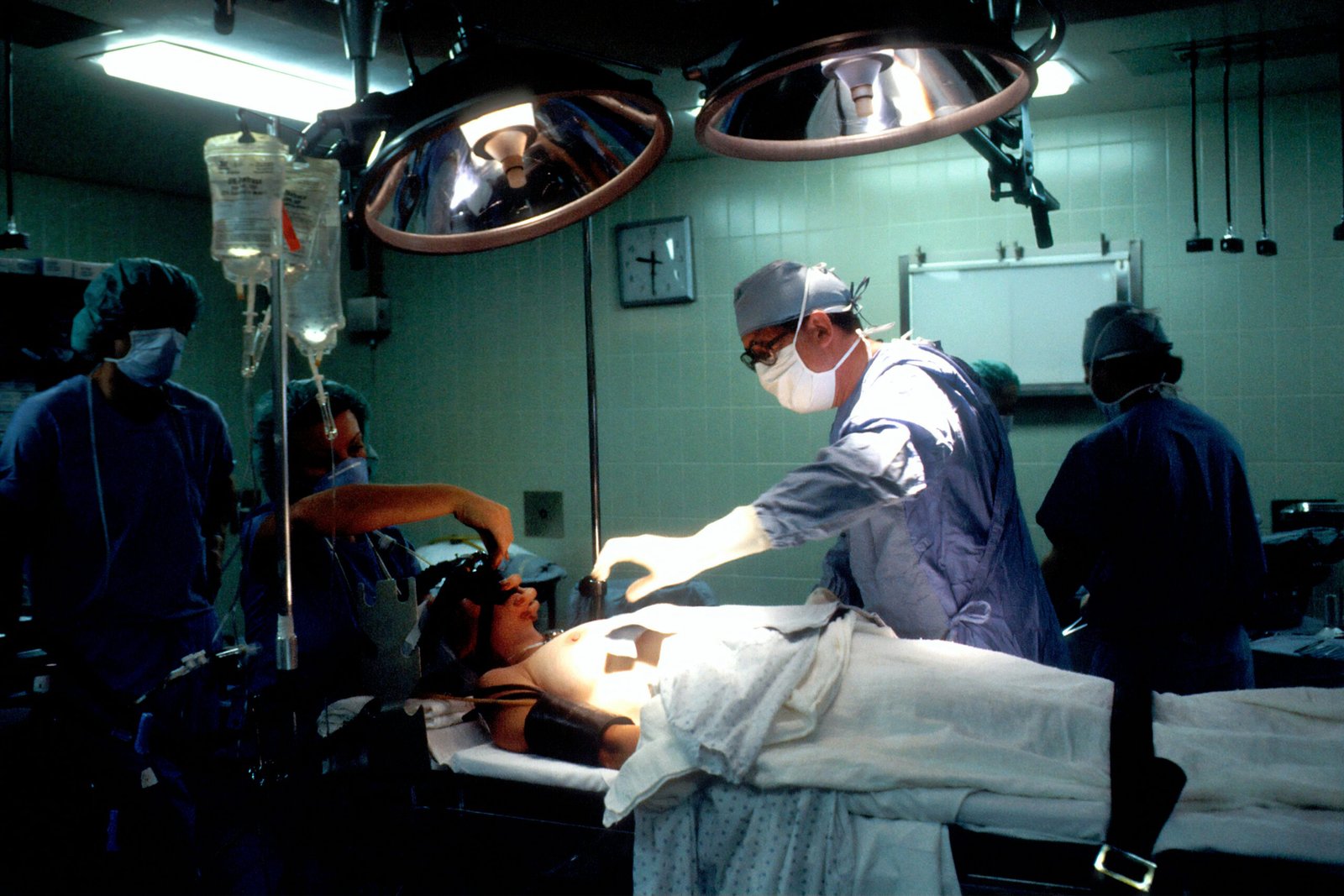#Knowyourdoctor Dr Khushbu Partani Eye Surgeon in Raipur MBBS, DOMS, Sr. Ophthalmologist / Eye Surgeon Get to know your Eye Surgeon in …
Amenorrhoea (No Periods): Symptoms, Causes, Prevention, Tips

Women’s health is a crucial subject encompassing various aspects, including, but not limited to, reproductive health. One common issue that many women face is Amenorrhoea (No Periods), the absence of menstrual periods. In this blog post, we will delve into the topic of Amenorrhoea and provide insights from health experts.
Understanding Amenorrhoea (No Periods)
It is a condition where a woman of reproductive age experiences the absence of menstrual periods. There are two types: primary and secondary. Primary occurs when a woman has not started her menstrual cycle by the age of 16, while secondary amenorrhea refers to the absence of periods for three or more consecutive months in women who have previously had regular menstrual cycles.
Symptoms and Causes of Amenorrhoea (No Periods)
Symptoms: Absence of periods, accompanied by additional indicators such as hot flashes, nipple discharge, and more.
Common Causes: Factors like pregnancy, lactation, stress, chronic illness, genetic conditions, or hormonal issues.
Diagnosis and Tests
Diagnostic Process: Medical history assessment, physical examination, and potential tests like pregnancy tests, blood tests, genetic testing, MRI, or ultrasound.
Prevention and Risk Factors
Risk Factors: Family history, genetic conditions, obesity, eating disorders, excessive exercise, poor diet, stress, or chronic illness.
Preventive Measures: Balanced diet, exercise, regular gynecological check-ups, and adequate sleep.
Management and Treatment
Treatment Options: Lifestyle adjustments, hormonal therapy, or surgery depending on the underlying cause.
Management of Side Effects: Estrogen therapy, calcium supplements, or strength training.
Frequently Asked Questions about Amenorrhoea
Is amenorrhea life-threatening?
Amenorrhea itself isn’t typically life-threatening, but some underlying causes can pose long-term health risks.
How is amenorrhea diagnosed?
Diagnosis involves medical history assessment, physical examination, and potentially, tests like pregnancy tests, blood tests, genetic testing, MRI, or ultrasound.
Will my period return after treatment?
Typically, treating the underlying cause facilitates the return of menstrual periods, although it may take time to regain regularity.
Can I prevent amenorrhea?
Maintaining overall health through a balanced diet, exercise, regular gynecological check-ups, and adequate sleep can help prevent some causes of secondary amenorrhea.
When should I see a healthcare provider about amenorrhea?
Consult a healthcare provider if experiencing amenorrhea, especially if accompanied by symptoms like balance issues, nipple discharge, or excessive body hair growth.
Health Expert Forum Insights
To gain a better understanding, we reached out to health experts in a forum setting. Here are some of the insights they shared:
1. Comment on Amenorrhea by a Gynecologist
“Amenorrhoea (No Periods) can be caused by various factors, including hormonal imbalances, stress, excessive exercise, and certain medical conditions. It is important to consult with a healthcare professional to determine the underlying cause and develop an appropriate treatment plan.”
2. Endocrinologist
“Hormonal imbalances, such as polycystic ovary syndrome (PCOS) and thyroid disorders, are common causes. These conditions can disrupt the normal menstrual cycle and lead to the absence of periods. Proper diagnosis and management of these underlying conditions are crucial for restoring menstrual regularity.”
3. Comment on Amenorrhea by a Nutritionist
“Diet and nutrition play a significant role in women’s health, including menstrual regularity. Inadequate calorie intake or excessive weight loss can disrupt hormonal balance and contribute to amenorrhea. A balanced diet that includes essential nutrients, such as iron and calcium, is essential for maintaining reproductive health.”
4. Psychologist
“Psychological factors, such as stress, anxiety, and eating disorders, can also impact menstrual regularity. Chronic stress can disrupt the hormonal signaling between the brain and reproductive organs, leading to Amenorrhoea (No Periods). Addressing and managing these psychological factors are essential for restoring menstrual cycles.”
Seeking Medical Advice
If you are experiencing Amenorrhoea (No Periods) or any menstrual irregularities, it is crucial to seek medical advice. A healthcare professional will conduct a thorough evaluation, which may include medical history, physical examination, and laboratory tests, to determine the underlying cause of amenorrhea. They will then develop an individualized treatment plan based on the identified cause.
Conclusion
Amenorrhoea (No Periods) is a common women’s health problem that can have various underlying causes. Consulting with healthcare professionals, such as gynecologists, endocrinologists, nutritionists, and psychologists, is essential for proper diagnosis and management. By addressing the underlying cause and adopting a holistic approach, women can regain menstrual regularity and maintain their overall reproductive health.
All too often, healthcare focuses solely on curing diseases and prolonging life, sometimes overlooking the importance of providing comfort and support to …
Oncoplasty Surgery for Breast Cancer: Scope and Significance in Chhattisgarh Oncoplasty Surgery for Breast Cancer Breast cancer is a significant health concern …















